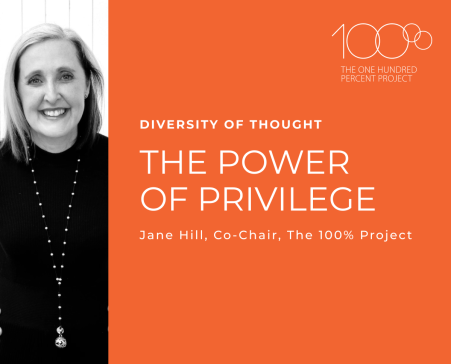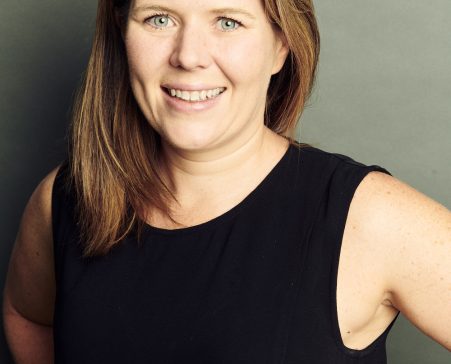Diversity of Thought Blog
Adaptive Leadership in Practice: Adaptive Leadership & Gender Equality at Australia Post

Within the Australian business community, the need to take active steps towards greater representation of women in leadership is well accepted, with the majority of people agreeing that this is a critical strategic imperative for their organisations .
The absence of gender balanced leadership in Australia can be considered an ‘adaptive’ challenge – there is a gap between the outcome we say we want and the reality of not achieving this outcome in our current environment. In this way, there is a growing need for leaders to create solutions that will discard entrenched ways, go beyond the current know how and learn new practices to increase the representation of women in leadership roles.
Some organisations are turning to the Adaptive Leadership framework as a way to mobilise people to rethink the way they tackle these challenges.
One such organisation is Australia Post, who is currently in the process of shifting their focus from CEO led to ‘diversity minded’ leadership. This involves challenging the deeply held beliefs of their leaders, including breaking the mould of solution oriented leadership to embedding individual accountability throughout the organisation by tapping into the collective skills, experiences and ideas of their diverse workforce.
At Australia Post, gender imbalance in leadership is not seen as a problem, but rather an opportunity to create a competitive edge with the benefits that come from a diverse and inclusive workplace. Over the past several years, the organisation has undergone significant change to ensure they adapt to meet the needs of customers in a rapidly evolving business climate in both the physical and the digital world.
Historically a male dominated operational business, part of this process was recognising that their continued success was reliant on creating a diverse and inclusive, high performing workforce. CEO led action was taken to attract, develop and promote the best talent from diverse backgrounds, with a particular spotlight on women.
This focus included investing significantly in building a strong pipeline of female talent from their award level right through to their executive. They implemented best practice initiatives such as mentoring, coaching, sponsorship, leadership development, networking and career management to specifically support the development, engagement and advancement of their female talent. These initiatives are running in addition to their core enterprise leadership offerings for both their male and female employees.
These changes are paying off, as two years ago, women represented just 21 per cent of all executive level positions and 32 per cent of all management positions. Today they represent 34 per cent of executives and 36 per cent of management roles. Despite this progress, Australia Post recognises that there is still more work to be done.
As part of the next phase of their transformational journey, they looked to the Adaptive Leadership framework where individual accountability for change is embedded.
As a first step, Australia Post is supporting The 100% Project’s Leadership Symposium in November this year as a proactive and public commitment to driving change. Australia Post is also holding a leadership forum with the Symposium’s Leader Facilitator, Marty Linsky, to discuss how they can best apply the framework within their current environment.
“We believe that adaptive leadership can help us realise the benefits of a gender diverse and inclusive workforce, which includes a more agile, innovative, collaborative and engaged workforce that is able to better connect with and meet the needs of their diverse customer base.” Sarah Fair, Head of Diversity & Inclusion.
Speaking with Sarah, she explained that Australia Post recognises there is no silver bullet to achieving their aspiration. They also know they will not achieve change through the efforts of a few well-intentioned individual leaders. She sees the adaptive leadership framework as a key enabler to driving ongoing, sustainable change in the next phase of their transformational journey.

